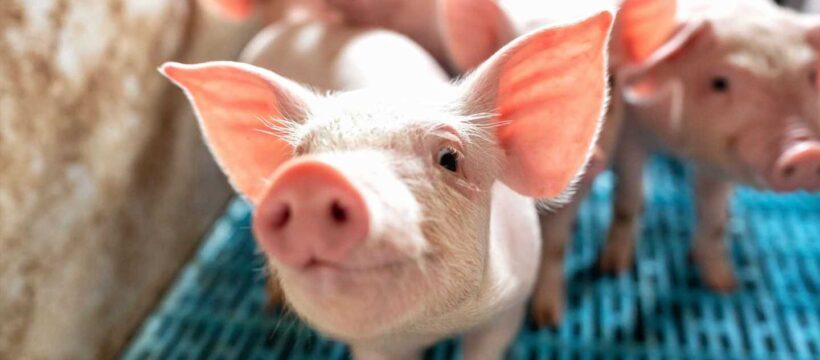PIG to human kidney transplants are a step closer after monkeys survived for up to two years with organs gene-edited in a lab by scientists.
Rejection by the immune system is the main barrier to giving patients organs grown in laboratory animals.
But research suggests knocking out certain genes can slash this risk and boost chances of success.
US company eGenesis altered the DNA of pigs to switch off the highest risk genes and transplanted their kidneys into 21 macaque monkeys.
On average they survived for three weeks but one of the monkeys lived to 758 days, while two were still alive at the end of the study after living longer than a year.
eGenesis CEO Dr Michael Curtis said: “This is a critical step toward successful human clinical trials.
Read more on pig transplants

Breakthrough as pig-to-human kidney transplant succeeds for a month – and counting

'Human kidneys' grown inside pigs in world first & signal 'new era of transplants'
“Our organs offer the hope of a new donor source for the hundreds of thousands of individuals in need of lifesaving organ transplants.”
Around 7,000 people in England are on a transplant waiting list and more than 400 die waiting each year.
Kidneys are the most needed organs, making up around 5,400 out of the 7,000 patients.
Writing in the journal Nature, the scientists said medication to lower the recipient’s immune system is still needed despite gene edits.
Most read in Health

From sores to infections – what bedbug bites look like & how to ease the itch

Horrifying video reveals difference between smokers’ and non-smokers’ lungs

My baby died in my arms after NHS cutbacks delayed my labour

Bloodsucking bed bug invasion is ‘fuelled by pests’ immunity to treatments’
Dr Curtis and colleagues at Harvard University said their study is a breakthrough because of how long the monkeys survived after transplant.
Dr Tatsuo Kawai said: “One of the biggest hurdles has been long-term survival of the genetically engineered organ and this demonstrates remarkable progress.”
They hope pigs will be a good source of organs for human patients because they have similar anatomy and grow quickly.
Experiments are also trying to transplant pigs’ hearts into people with heart diseases.
Dr Muhammad Mohiuddin, of the University of Maryland, was not part of the study but added: “It will be clinical trials on people that will truly further our understanding of this remarkable procedure, and help to realise the potential of this technology.”
Source: Read Full Article

